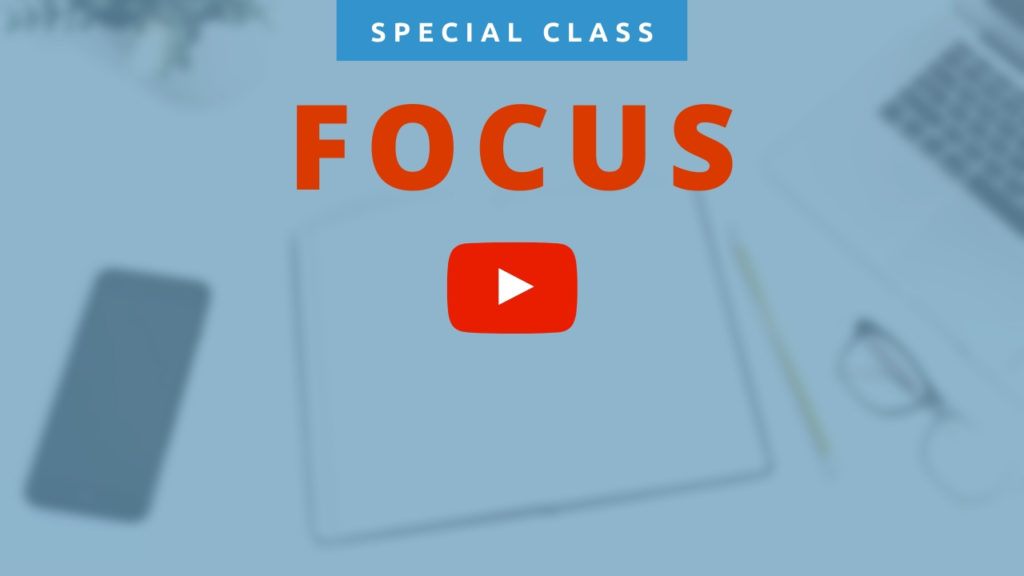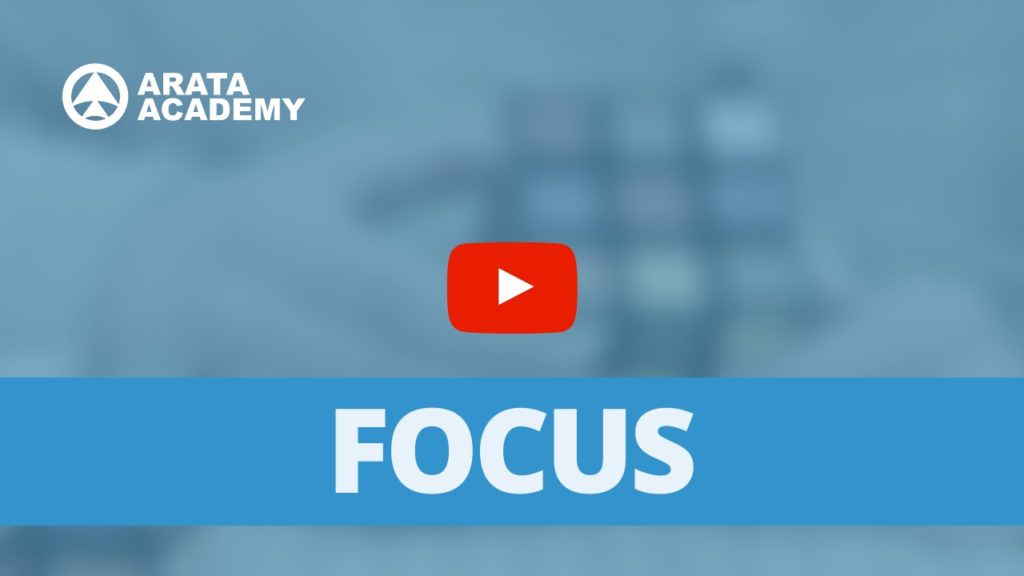Hello! Seiiti Arata. I imagine that you clicked on thevideo to figure out how to boost your brain capacity. Have you ever wondered how your brain works?
Understanding more about your own brain is the first step toward making best use of your potential. Your mental capacity is diminished when you are fatigued or expending energy trying to organize yourself.Often it seems like things inside our head are just a mess! We get tired, we want a break to rest, to organize, to put ideas in place. And unfortunately,this is the moment when procrastination enters – when we are just going around in circles without actually doing what needs to be done.
To be more focused on our day-to-day goals, we need to have an organized life, as we talked about in the previous video [http://arata.se/hello79].
And to have an organized life, we have to take a first step, and understanding how the brain works can be a great first step on this path.
Have you ever wondered how your brain stores and processes information?
1. Your memory is unreliable
There are several research studies in neuroscience demonstrating how unreliable memory is. We forget simple things, and there are also times when we believe fake memories – a version of something that our brain simply invented. There are countless studies on cognitive bias, which undermines our ability to understand and therefore to remember things correctly.
2. You can increase your brain capacity
If our memory is not reliable, then how can we memorize things? How can we increase our brains’ capacity?
When you install an external hard drive on your computer, you are increasing your information storage capacity, so you can extract as much data as you need from that technology.
In much the same way, the invention of writing was a form that we found to increase the capacity of our brain. As our ancestors began to abandon nomadism to settle in villages and urban clusters, we also began to establish commerce. And the merchants needed to keep everything well organized so they didn’t lose track of important details. Writing was central to prosperity at that time.
As our lives become more complex, we need to be more organized. Look at any group of different professionals, and you will likely find that the most successful is the one who can unleash his creative potential by being more organized. That way he wastes less time and stays focused on what’s really important.
In a world with so much information, we need to discern what to do with all this information so we can achieve the optimum results in our lives.
Therefore, it is crucial that we learn to use some tools to increase our potential.
3. One thing at a time!
Modern life has a wealth of events and information popping up all the time, further increasing its complexity. And that’s a big challenge for us, because our brains aren’t prepared to handle as many challenges as we have face.
Our brain works best when we focus on one thing at a time. This was very valuable to our ancestors who lived by hunting and gathering.
They had to direct their focus and attention very intensely as they hunted, fled from great predators, and located the ideal foods for their meals.
Today we always want to do many things at the same time. We drive to work listening to a podcast and thinking about the ingredients for dinner. Notifications from social networks pop up along the way,interrupting any flow of thought. This overwhelms the brain, and we often pay a high price for that.
When we are dealing with only one activity, our brainworks at its maximum capacity. If we do several things at the same time, this doesn’t happen. We will make small mistakes, and we will lose more and more time and quality in our activities.
Our brain has a specific way to deal with this whirlwind of information – it observes patterns. I’ll give you an example: Imagine entering a room with several people, and there is a very distinctive odour. You,coming from outside, realize at once that there is a smell there. Those who are inside don’t notice anything – their brains have grown accustomed to that situation. The brain notices changes in patterns: from an unscented environment to a scented one.
That’s the way we deal with information. Our brain focuses on information that it interprets as being the most important according to is intended purpose. For example, you go to the supermarket to buy cheese.When you walk down an aisle with dozens of toothpaste options, you don’t even realize what the brands or prices are, or even that they might be there. You go straight to the cheese.
We would be lost and completely distracted if our brain didn’t do this filtering for us.
In the FOCUS course [http://arata.se/focuscourse], you learn to optimize this decision – making process. You will save time by ignoring choices that don’t bring benefits to your life. You’ll spend a lot more time on the really important information. We will use different techniques to automate aspects of minor importance, and we will also use tools to sort and process the other information.
4. Writing and Scoring
If you feel that your brain is overwhelmed with too many ideas, the most logical way to deal with this problem is to transfer that information out of your head. And it’s simple to do this – you just have to write things down instead of memorizing them. When you write directly on paper,you are releasing a different potential way to think about these activities.You will be able to process the information, rather than just worrying about keeping it jumbled in your head. Today, the best alternatives in my opinion are: Evernote / Laverna / Simplenote / Google Keep / Microsoft OneNote
Imagine that you are reading a book that is very important to your study or your work, and then, out of nowhere, you remember that you need to change your bathroom lamp. Instead of letting that thought haunt you, taking your focus away, you write down the activity you have to do at the end of the reading, and you carry on with the book.
In the old days, it was important that we stored various pieces of information in our heads. Many outdated teaching models still expect students to memorize historical dates or information that can be found very easily using any search engine. Today, the most important thing is to understand.
So, just as we install a new hard drive on our computers, we can expand our brain capacity with digital applications… or with a simple paper notebook. The tool doesn’t matter.
What we need to do is concentrate solely on one activity and have FOCUS for the many different activities that we face on a day-to-day basis.
I’ve written a mini-book about focus and organization that can help you find the time you need to be more productive – and you’ll be able to read it in less than seven minutes. To download it, just click on this link https://arata.se/organizationandfocus

